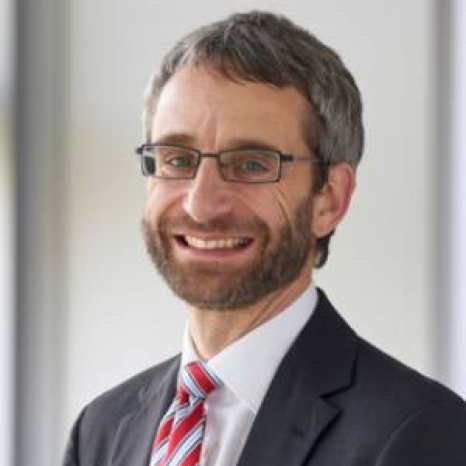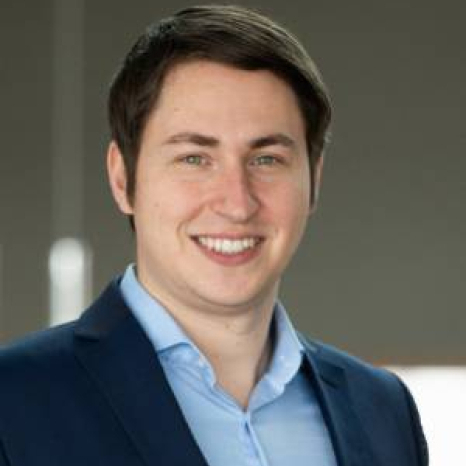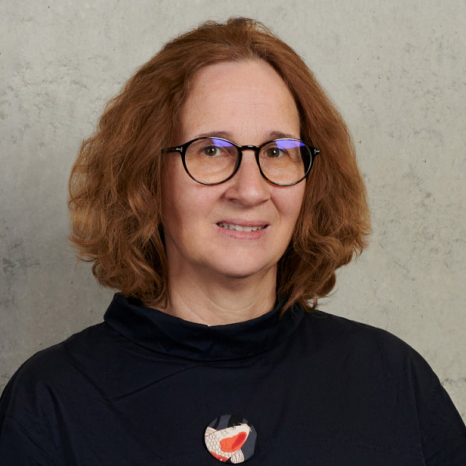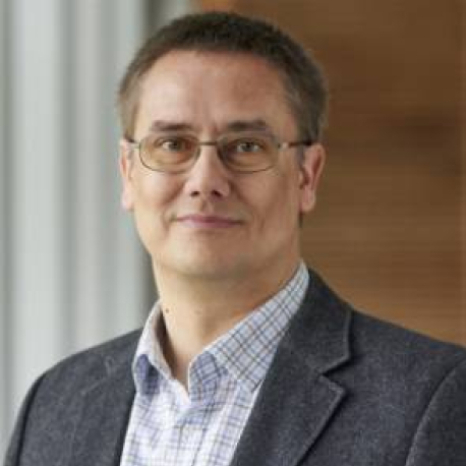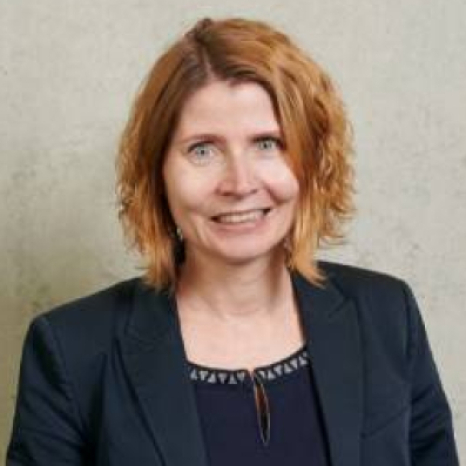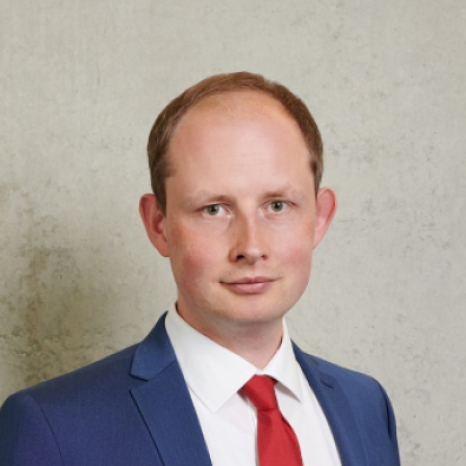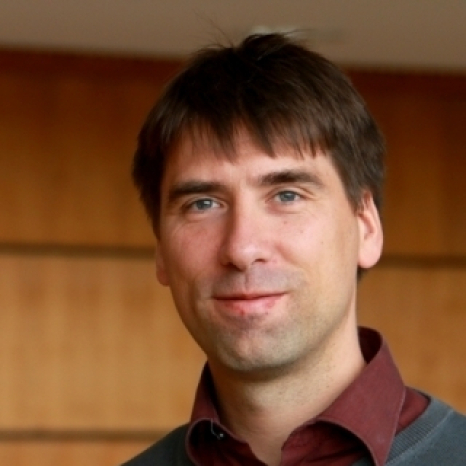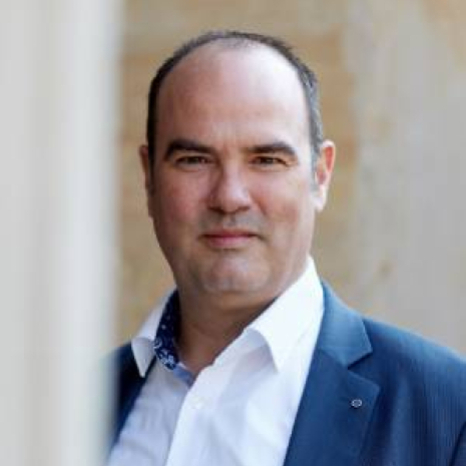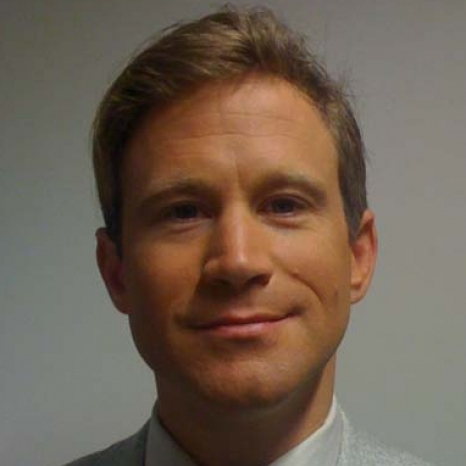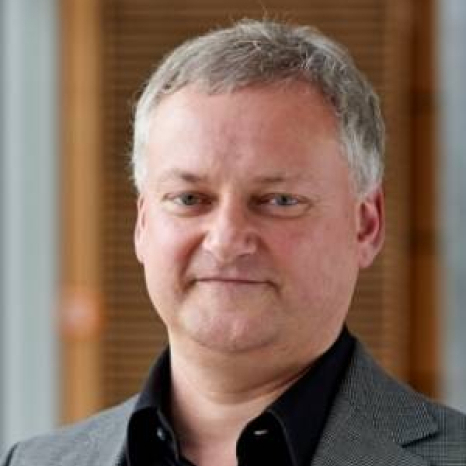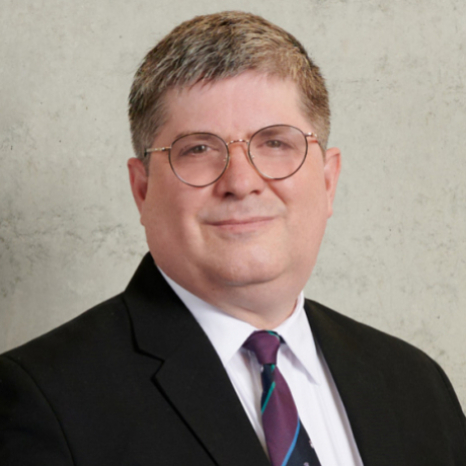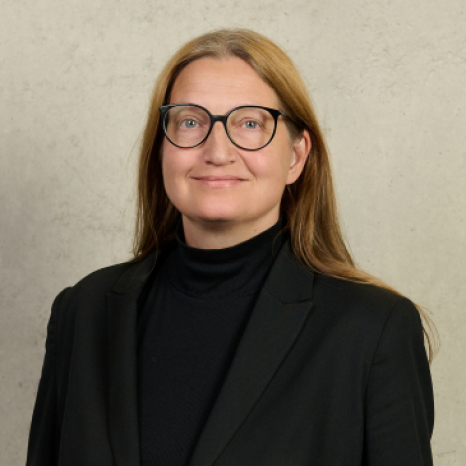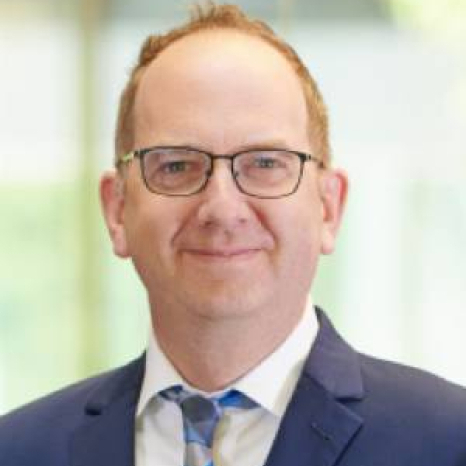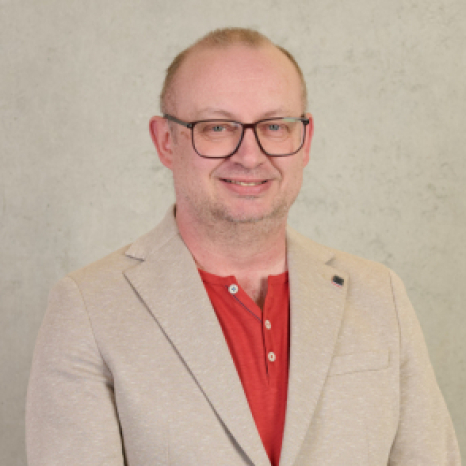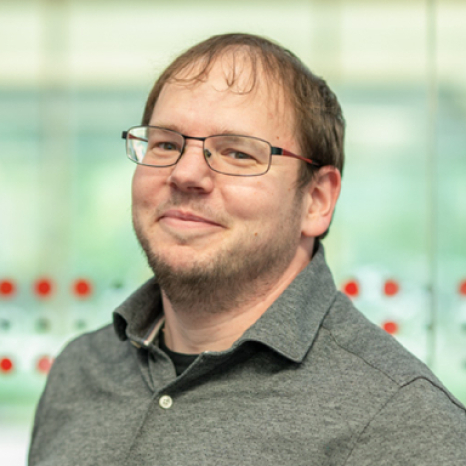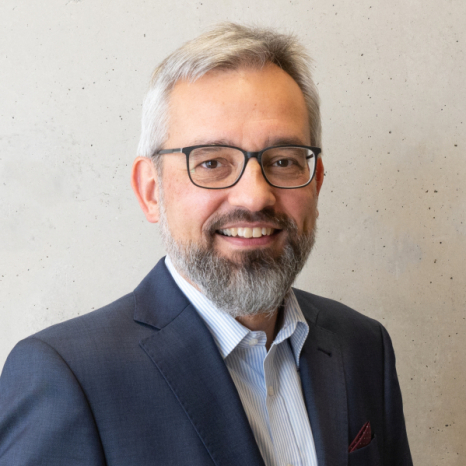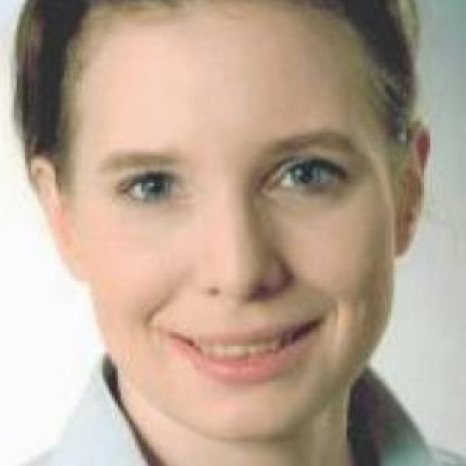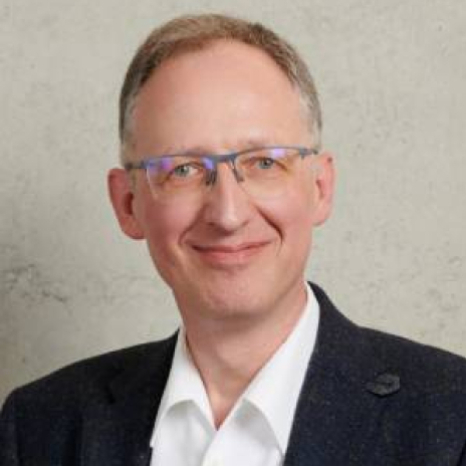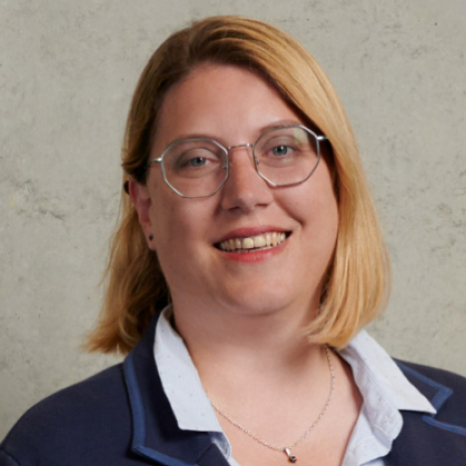Analytics4Health
The "Analytics4Health" Doctoral Center of the Coburg University of Applied Sciences
The Doctoral Center at Coburg University of Applied Sciences “Analytics4Health” (A4H) was granted the right to award doctorates by the Bavarian State Ministry of Science and the Arts on 26 September 2023. At the “Analytics4Health” Doctoral Center, doctoral students pursue forward-looking questions in order to sustainably improve the health and well-being of people in the context of their environment (doctoral regulations in German and English). In particular, analytical methods from the fields of bioanalytics, health and data sciences are combined here. This combination creates substantial synergies in research into individual and societal health-related challenges. In addition, the doctorates can contribute to the UN’s sustainability goals “Health and Well-being” and “Industry, Innovation and Infrastructure”.
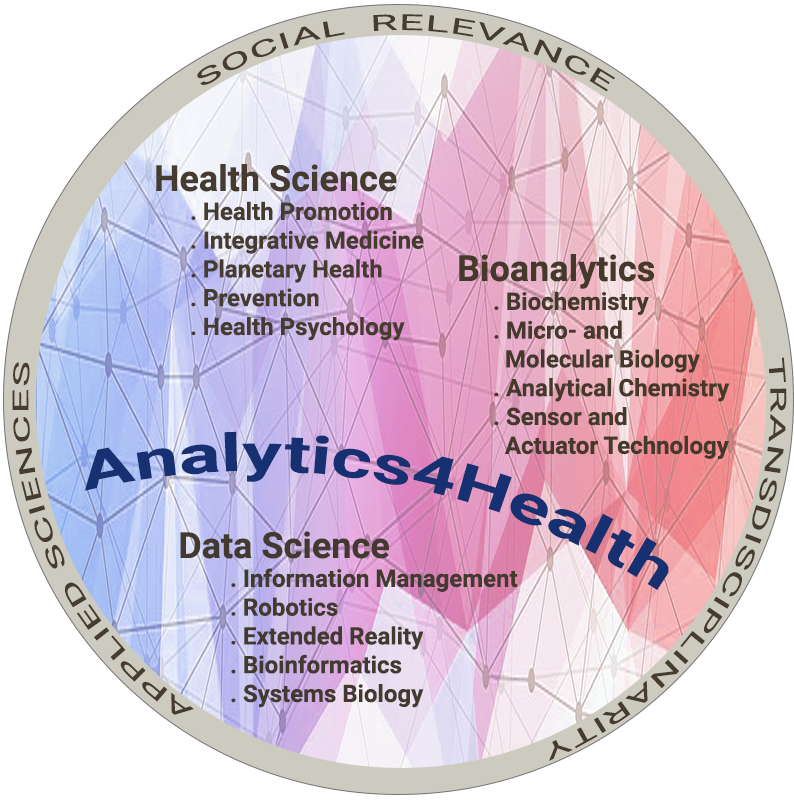
Doctoral students can conduct application-oriented and explicitly interdisciplinary research with us. Many member professors are involved in our research focus areas “One Health” and “Smart Sensing, Automation and Analytics” or pursue other research focus areas in their research activities. This allows doctoral students to experience links to ongoing research work and innovative developments at an early stage. The “Analytics4Health” Doctoral Center forms a discursive network for doctoral students and a lively, high-quality research environment. We award the title of Dr. rer. nat. or Dr.-Ing. depending on the area in which you and your supervisors are working. The Doctoral Center promotes and supports doctoral projects with a structured qualification program and advisory services. Members of the Doctoral Center are the accepted doctoral candidates and professors as well as the operational management. The structure of the Doctoral Center is regulated by the statutes(German and English)
Doctoral Center "Analytics4Health" | Promotion in Coburg
You are currently viewing a placeholder content from YouTube. To access the actual content, click the button below. Please note that doing so will share data with third-party providers.
More InformationThematic focus of A4H
Modeling, method development, system design and application are closely interlinked at the Doctoral Center. Analytical methods from the fields of natural, human and data sciences are combined, with a particular focus on researching data-driven models and processes for physical, digital and hybrid technical systems to positively influence the quality of life and work of individuals and groups. Another focus is the analysis of determinants and courses of health promotion, illness and quality of life processes as well as the systematic evaluation of disease pathways, medication, intervention and prevention, which should contribute to needs-based care and support structures and systems. The transdisciplinary collaborating researchers are based in various fields such as health promotion and prevention, integrative medicine, measurement and sensor technology, instrumental and data-driven analytics, virtual and augmented reality, robotics, acoustics, optics, microfluidics and bioanalytics.
Research areas of the Doctoral Center A4H
A broad range of methods forms the foundation for sustainable innovation at the Doctoral Center. Doctoral projects can be carried out at the Doctoral Center, which are integrated into one of the Center’s three research areas:
- Bioanalytics etc.
- Biochemistry
- Micro- and molecular biology
- Analytical chemistry
- Sensor and actuator technology
- Health sciences, etc.
- Health promotion
- Integrative medicine
- Planetary health
- Prevention
- Health psychology
- Data science etc.
- Information management
- Robotics
- Augmented reality
- Bioinformatics
- Systems biology
Prerequisites
- Relevantuniversity degree (e.g. Master’s, Diplom) after a course of study with a total of at least 300 credit points according to ECTS and an above-average overall result with a grade of at least 2.5.
- 2 supervising professors, at least one person from the Doctoral Center (initial supervision)
- Participation in the qualification program incl.
Teaching integration
Application
You can apply via our application system:
The application is made with an informal application to the doctoral committee, including all documents see doctoral regulations (German and English) and handout:
- Certificates (scan) of successfully completed university studies, i.e. Bachelor’s and Master’s degrees. Certificates in non-German or non-English must be submitted in an officially certified translation in German.
- Curriculum vitae
- Copy of identity card or passport
- Exposé of the doctoral project, tips s. Handout
- Declaration whether dissertation is written in German or English and doctoral procedure
- Doctoral agreement(German and English), to be completed together with the supervisor at the university
Procedure
- Check yourself: Do you have a topic, area of interest or question and would you like to work on it for 3-5 years?
Do you meet the requirements? - Find two professors at the doctoral center who are suitable for your topic idea and contact them to arrange supervision and focus on the topic.
- At least
one professor must be a member of the doctoral center (initial supervision), a further supervisor can also be a professor outside the center. - Take your time to prepare your application documents.
- Contact Dr. Renate Lucke, Operative Director Doctoral Center Analytics4Health, if you have any questions about doctoral studies and application: promotion@hs-coburg.de.
Advantages of a doctorate at the Doctoral Center A4H
Doctoral students at the Doctoral Center can expect a scientific environment characterized by high-quality research and close supervision with a modern research infrastructure. Over 15 dedicated researchers at Coburg University of Applied Sciences contribute their extensive experience in supervising doctoral procedures. A modular qualification concept also enriches the interdisciplinary training of our doctoral students. All Doctoral Center doctoral candidates are required to take part in this qualification program. Part of this concept according to Annex 1 of the Doctoral Degree Regulations(German and English) are
Module a) “Teaching integration”
- Introduction to didactics
- Teaching formats
Module b) “Qualification training”
- Good scientific practice
- Further topics relevant to doctoral studies
Module c) “Doctoral Center in Dialogue”
- Seminar series for all members of the doctoral center, scientific colloquia, etc.in the thematic focus of the doctoral center
Module d) “Milestone presentation”
- Presentation of the doctoral candidates on the interim status
Module e) “Progress status”
- Supervision and feedback meeting between doctoral candidates and supervisors
Module f) “Specialist discourse and networking”
With the aim of building up a scientific network and mutual professional and interdisciplinary exchange, students must attend or organize events in the following elective areas:
- Professional engagement such as conference presentation
- International networking
- Self-organized format like Science Slam
Doctoral members
Professorial members
Research Professorship "Sensor and Actuator Technology, Microacoustics", Faculty of Natural Sciences and Health (FNG)
Professorship "Insurance and IT Management", Faculty of Business Administration and Economics (W)
Professorship "Health Promotion and Prevention", Applied Natural Sciences and Health (FNG)
Deputy Scientific Director, Chair of "Environmental Chemistry and Environmental Analysis", Applied Natural Sciences and Health (FNG)
Professorship "Molecular Biology", Applied Natural Sciences and Health (FNG)
ZD.B Research Professorship "Human-Machine Interaction in the Internet of Things", Electrical Engineering and Computer Science (E/IF)
Member of the Doctoral Committee, Research Professorship "Instrumental Bioanalytics", Applied Natural Sciences and Health (FNG)
Professorship "Health Sciences", Applied Natural Sciences and Health (FNG)
Professorship "Robotics", Electrical Engineering and Computer Science (E/IF)
Research Professorship "Artificial Intelligence and Data Stream Mining", Electrical Engineering and Computer Science (E/IF)
Research professorship "Explainable and responsible artificial intelligence in insurance", Economics (W)
Scientific Director, Research Professorship "Integrative Medicine in Health Promotion", Applied Natural Sciences and Health (FNG)
Research professorship "Microbiology in Bioanalytics", Applied Natural Sciences and Health (FNG)
Professorship "Chemistry - with a focus on environmental chemistry/ecotoxicology" (FNG)
Research professorship "Bioinformatics" (FNG)
Professorship "Image Processing and Computer Vision", Electrical Engineering and Computer Science (E/IF)
Member of the Doctoral Committee, Chair of "Measurement Technology/Sensor Technology", Applied Natural Sciences and Health (FNG)
Member of the Doctoral Committee, Chair of Computer Science, Electrical Engineering and Computer Science (E/IF)


